with Shannon O'Brien
3 Signs Your Skin Is Being Impacted By PerimenopauseAnd How To Best Look After It
3 minutes What Jennifer Coolidge, Angela Bassett and Michelle Yeoh wins at the Golden Globes signifies for mature women.A reminder to go for gold at every age
3 Signs Your Skin Is Being Impacted By Perimenopause
And How To Best Look After It

Peri-what? Perimenopause literally means ‘around menopause’. It’s a natural transitional period to menopause that can begin as early as your mid 30s through to your mid 50s. As oestrogen levels start to dip, so do the regularity of your periods and you might start to notice a number of other hormone-related changes, including shifts in your skin condition. Here are some signs of perimenopause:
-
Dryness
Those declining oestrogen levels can really mess with your skin’s ability to retain moisture, meaning it can start to look dry and feel tight, leaving your natural glow M.I.A. Dry skin also means compromised barrier protection which makes it more fragile and prone to irritation and sensitivity
-
Loss of Skin Resilience
…or to use a word no-one wants to hear: sagging. Collage is a vital protein that acts like the scaffolding that gives skin its structure, bounce and lift. With peri comes a slide in Collagen production which makes it more susceptible to laxity, creasing (like the kind you experience after side-sleeping) and the appearance of fine lines and wrinkles.
-
Adult Acne
For some women, peri’s hormonal seesaw can show up as unwelcome acne or rosacea flare-ups. And just because you may have been lucky to dodge bad breakouts as a teenager doesn’t mean you’re immune from hormone-induced adult acne. When it comes to perimenopause symptoms, there’s no predicting which symptoms you might experience.
How to Look After Perimenopausal Skin
Peri can pass without you even being aware it’s happening — or you could feel and see a range of symptoms from occasional skin dryness, sudden sensitivity and irritation to more persistent conditions like dermatitis, cystic acne, or rosacea flare-ups. If your skin is stressing you out, start by taking your face to a board-certified dermatologist to guide you with a customised treatment plan.
DIY Diligence:
The Australasian College of Dermatologists recommends using fragrance-free skincare to help your skin weather the side effects of perimenopause. A couple of other important things you can do, daily:
-
Gentle Cleansing
As the first step in your perimenopause skincare routine, it’s important to start with a cleanser that will soothe and balance your skin. Avoid fragranced or overly active cleansers that contain physical or chemical exfoliants (AHAs, BHAs) that will irritate the skin’s natural barrier protection.
-
Sunscreen
Hormonal changes can also make you more sensitive to UV light (thanks, peri). Protect your skin with a broad-spectrum SPF50 sunscreen and don’t forget to apply to exposed areas like the neck, chest and hands that are particularly prone to sun damage.
-
Hydration
The perimenopause symptoms on skin can really heighten sensitivity, irritation and inflammation of the skin’s protective barrier. Keep your skin – on your face and body - hydrated by using a fragrance-free moisturiser morning and night that doesn’t contain any active ingredients (like BHAs or Retinol) that could irritate or inflame your newly sensitized skin.
Our Silicone Patches have been clinically proven to:
- HYDRATE:1% of women experienced better hydrated skin
- FIRM: 90% of women experienced firmer skin
- SMOOTH:7% of women experienced smoother skin
Check out the amazing before & after results on real wrinkles.
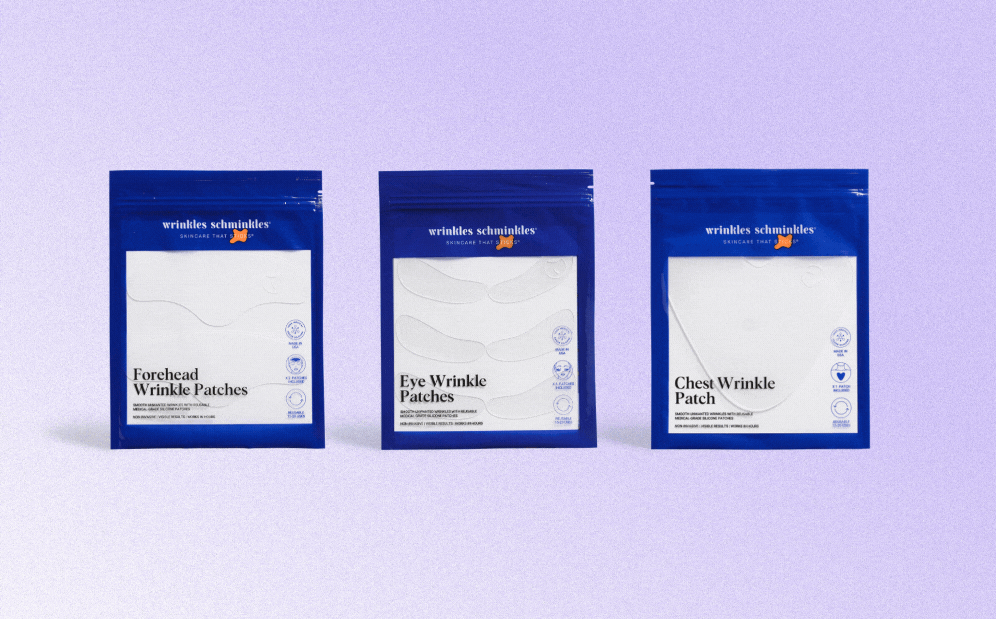
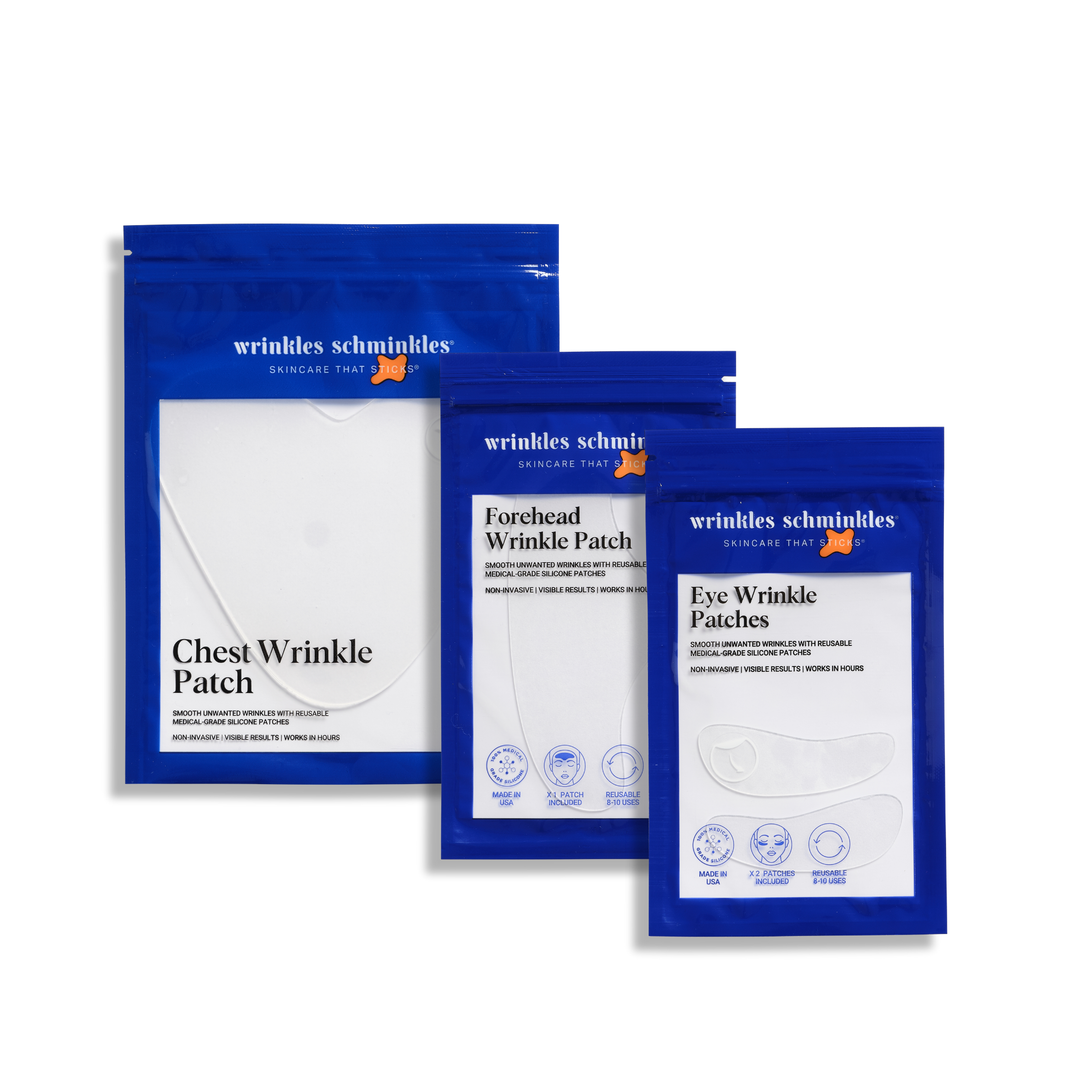
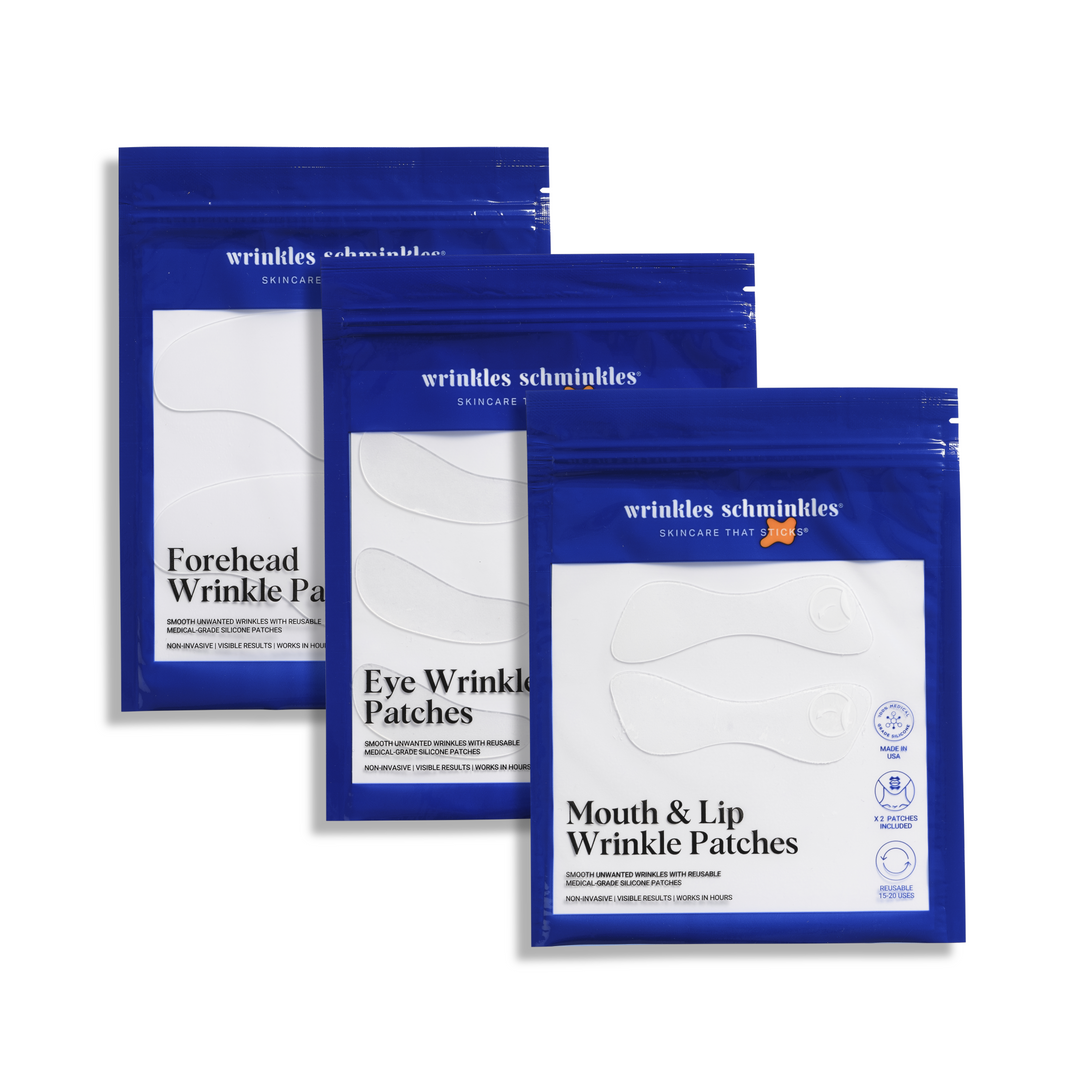
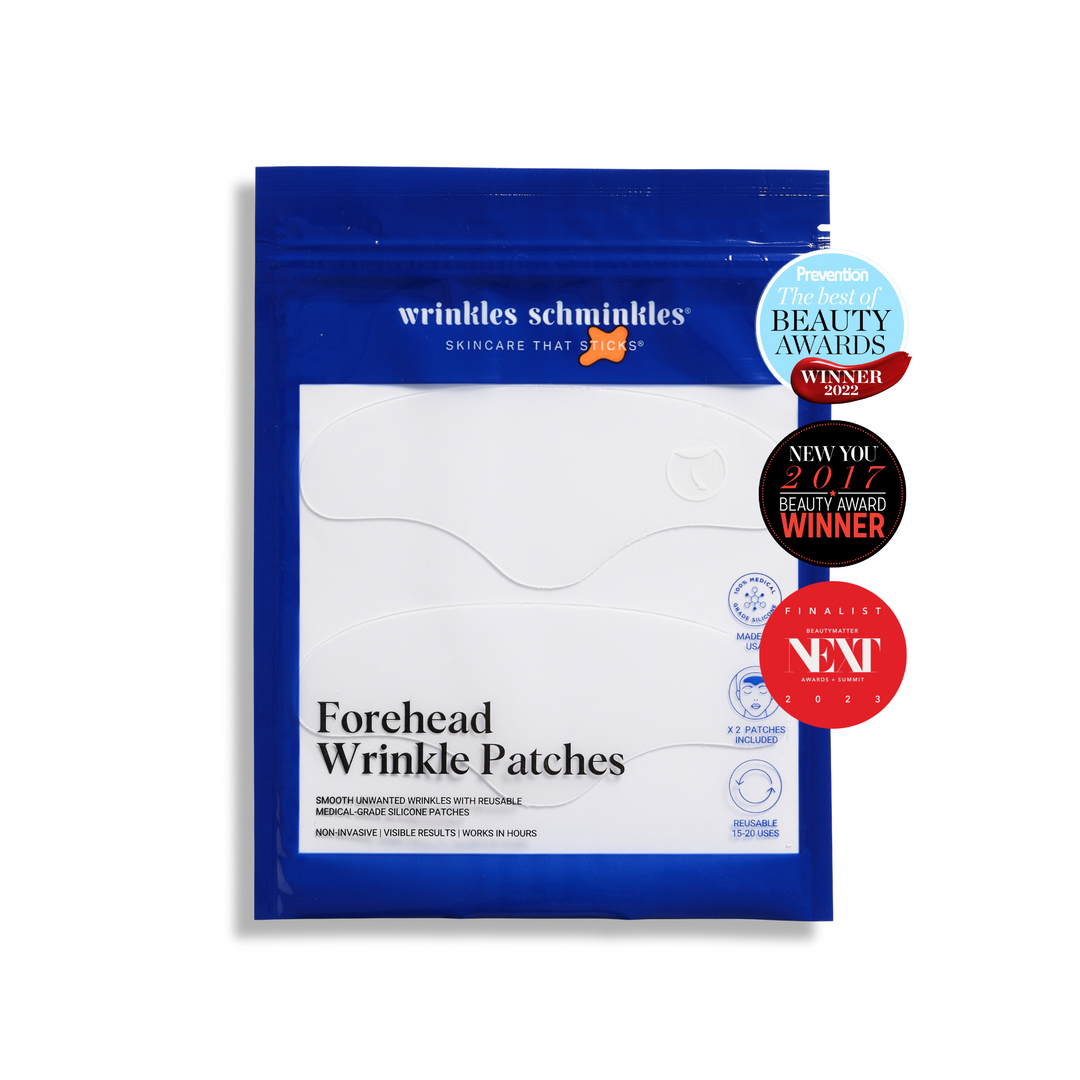
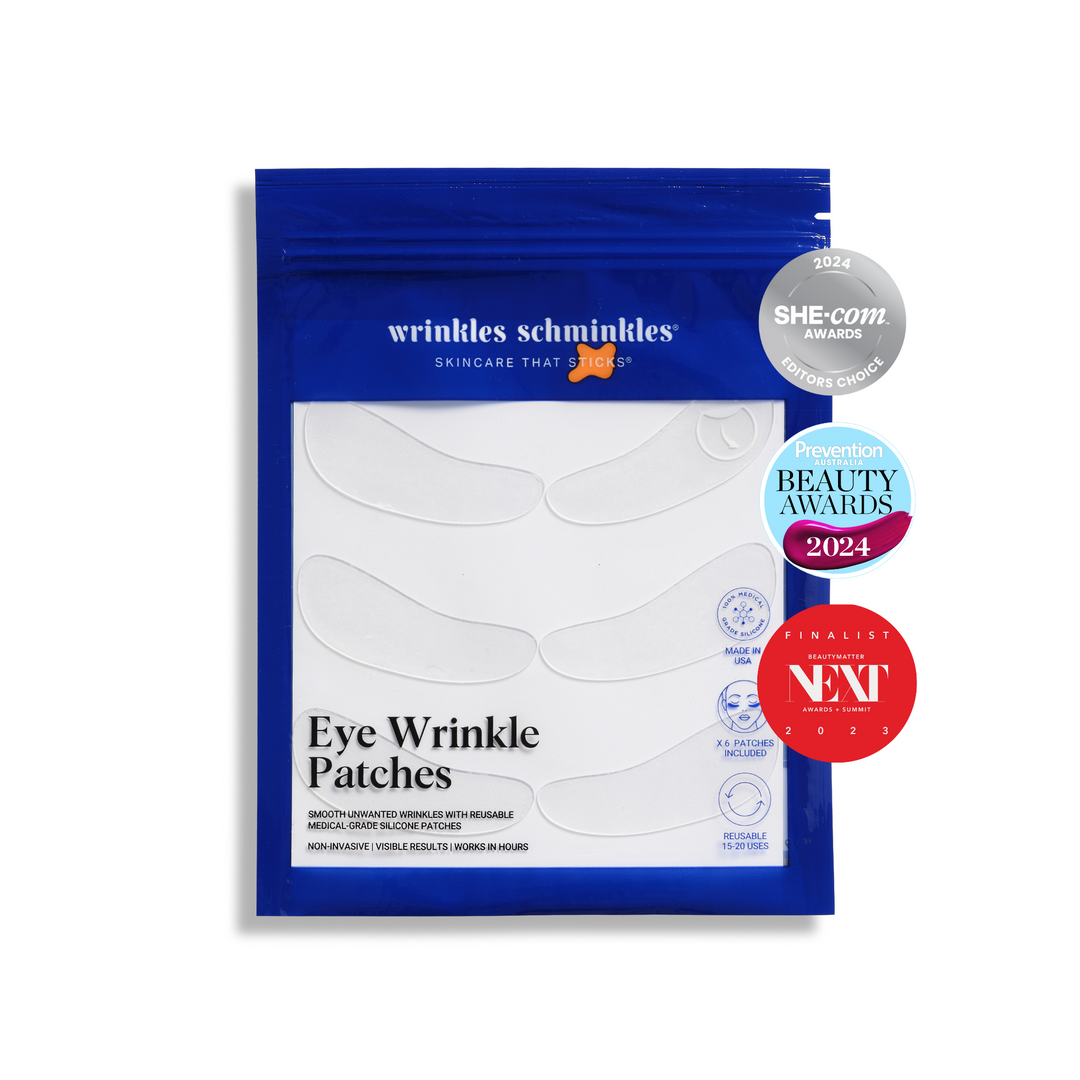
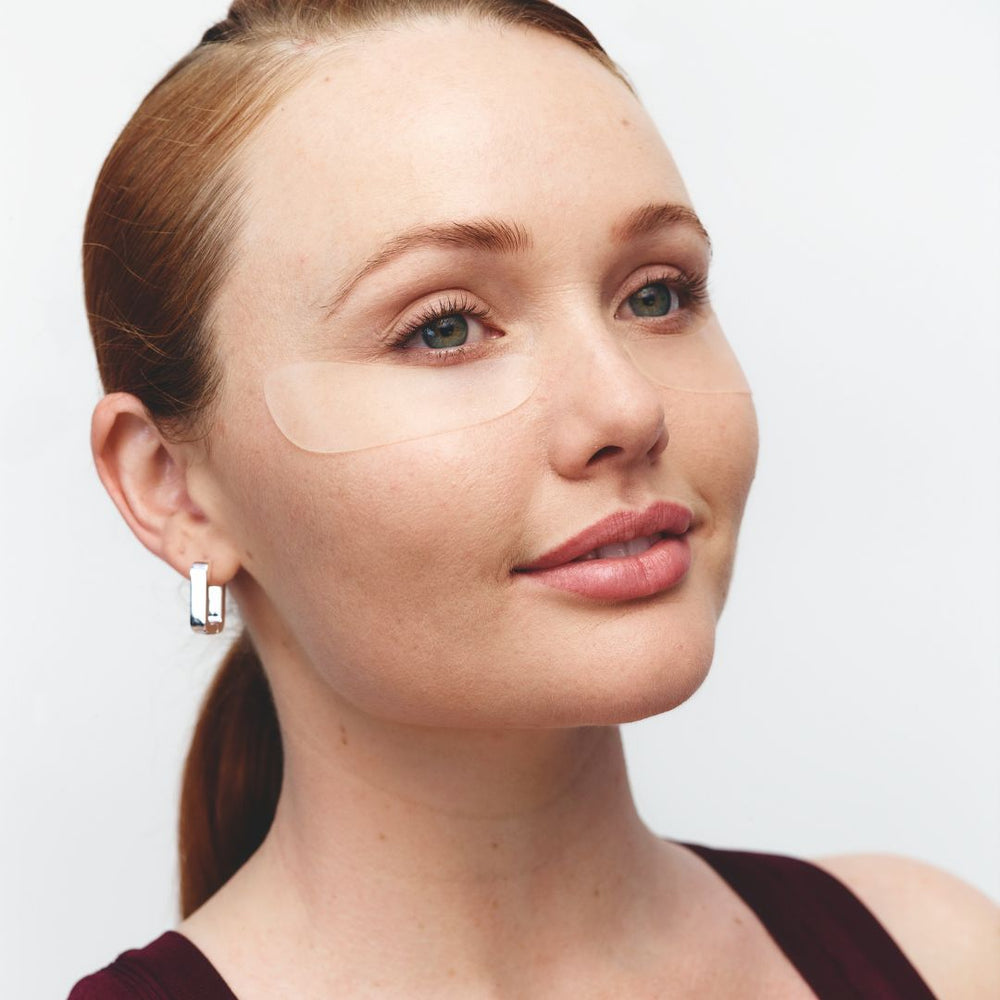
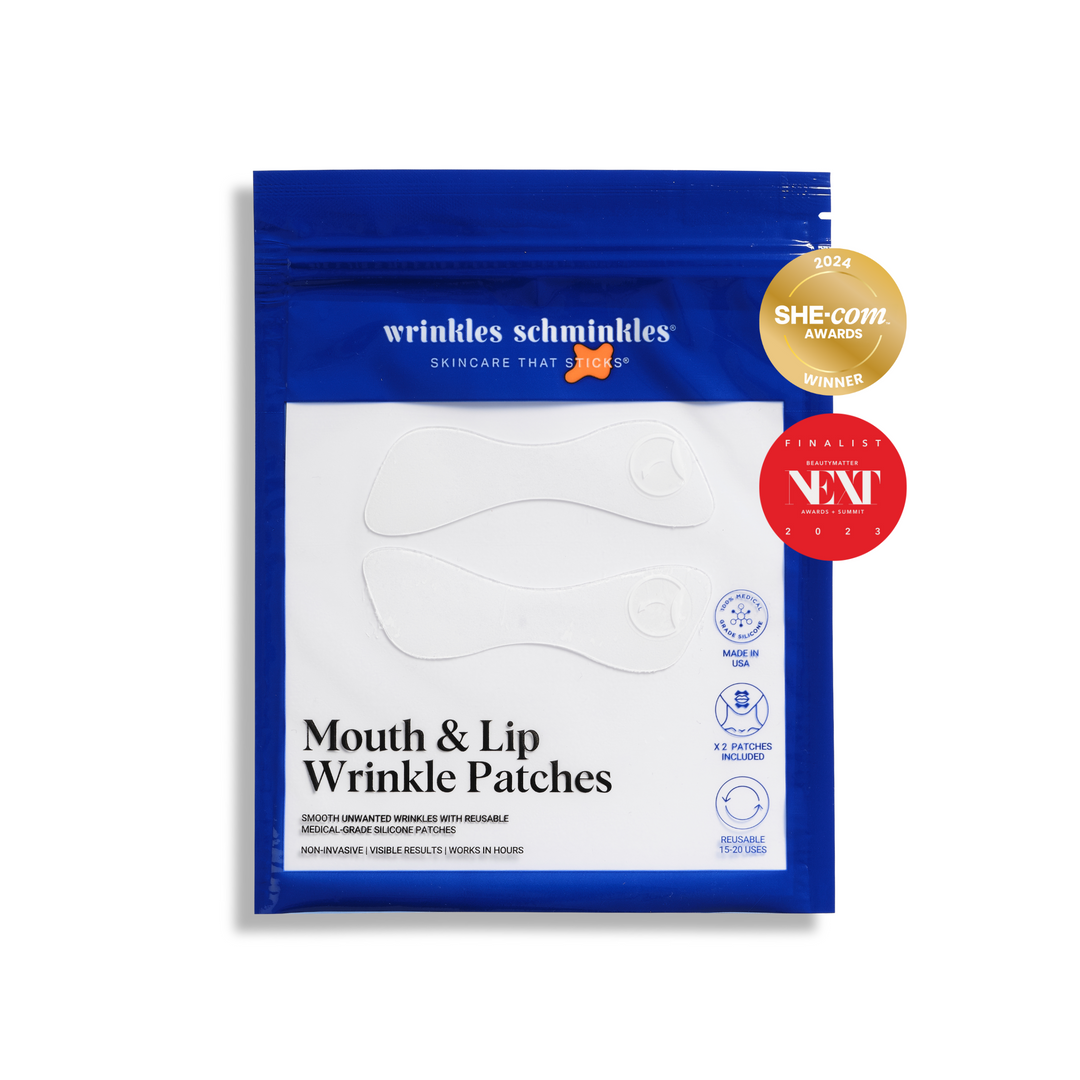
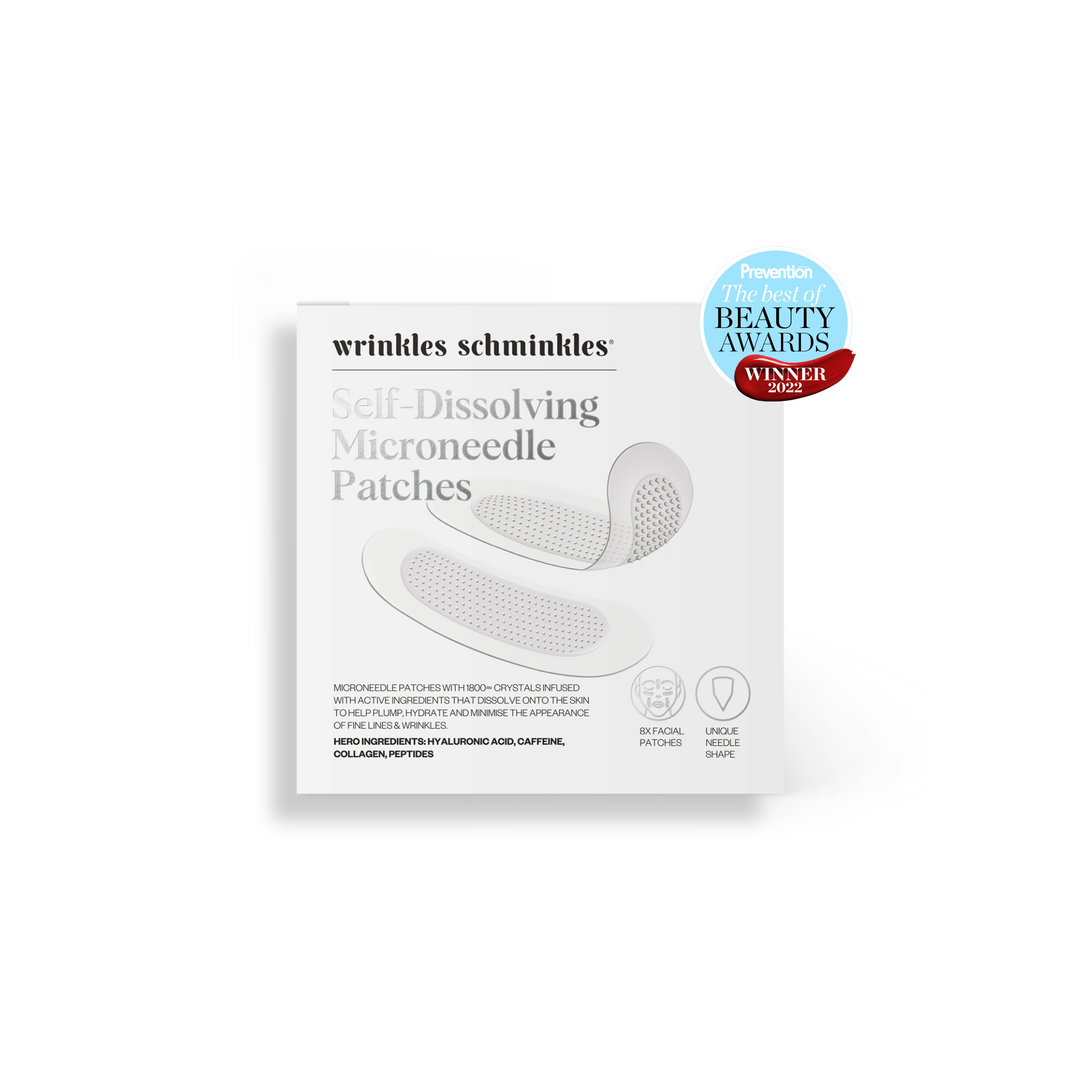
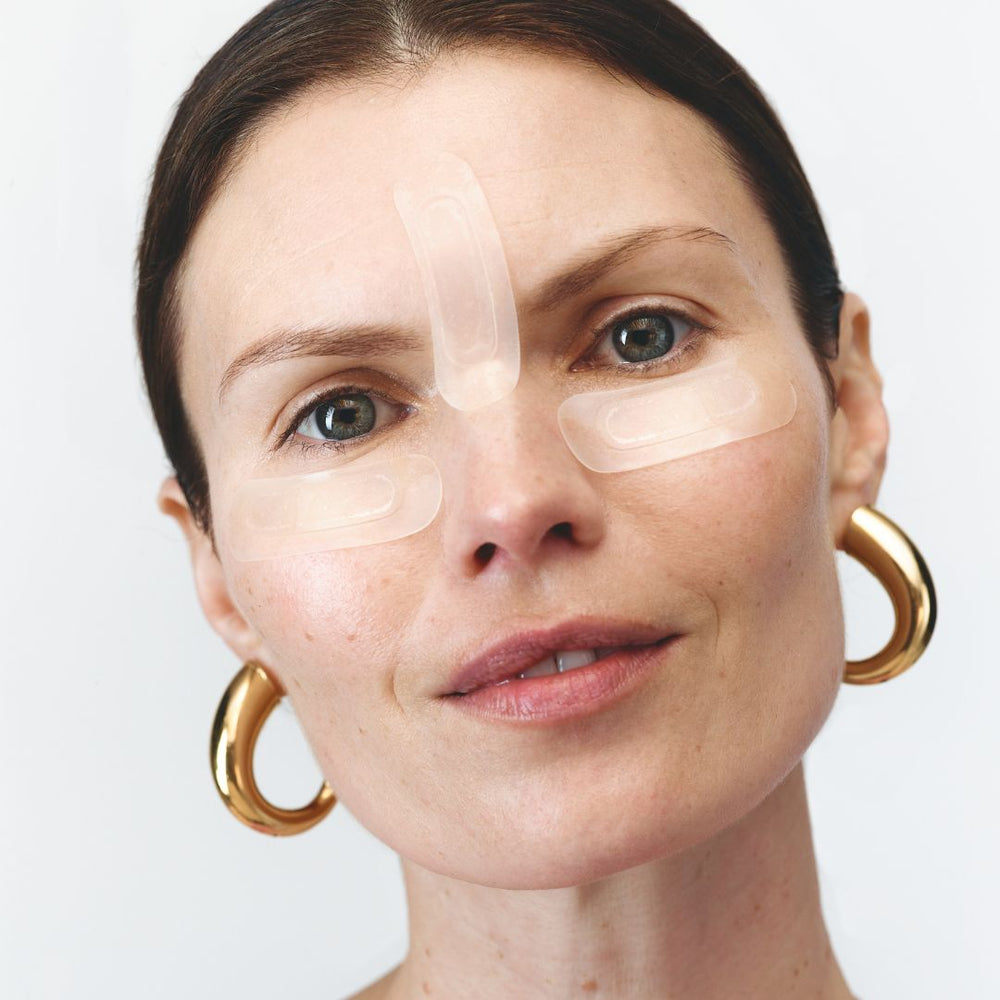
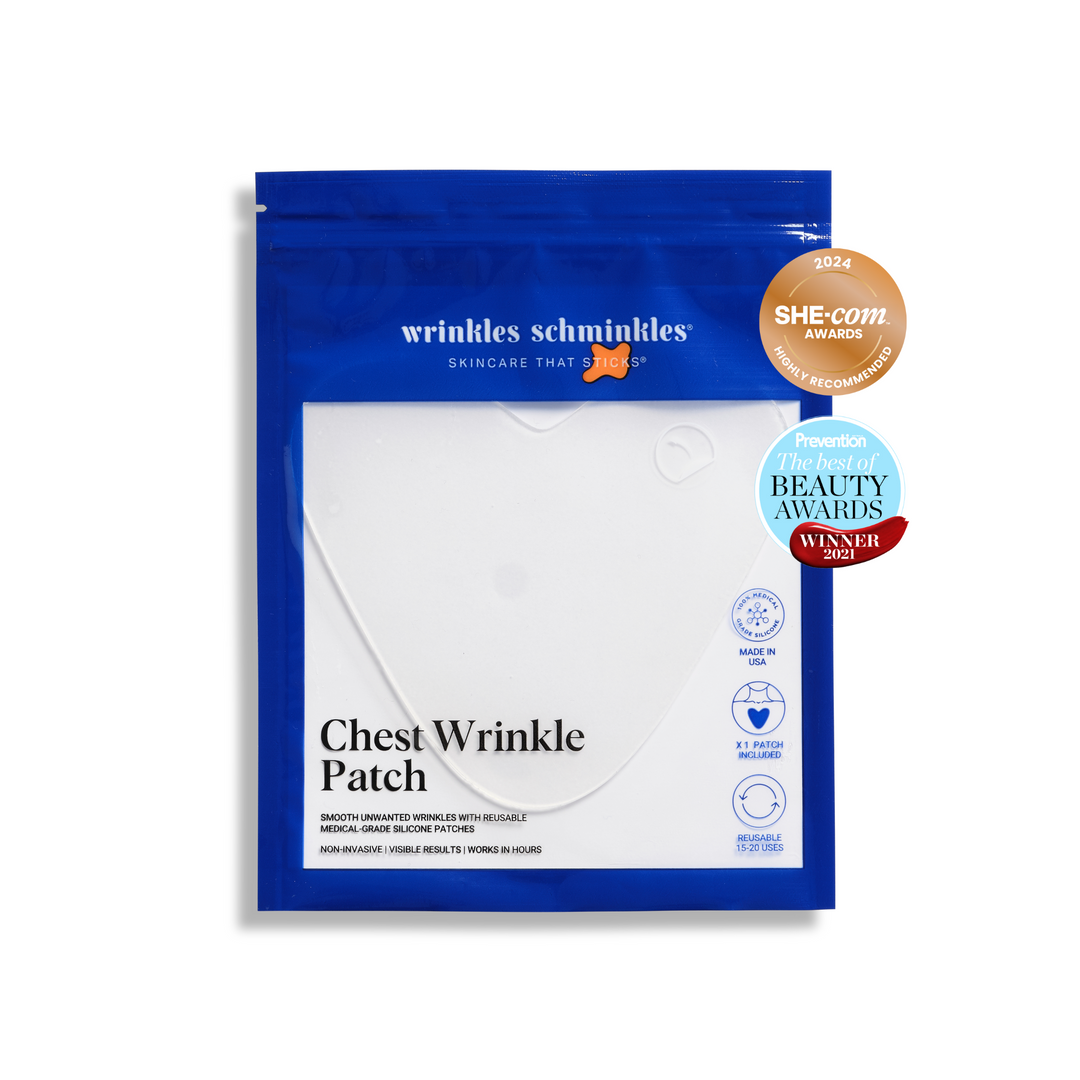
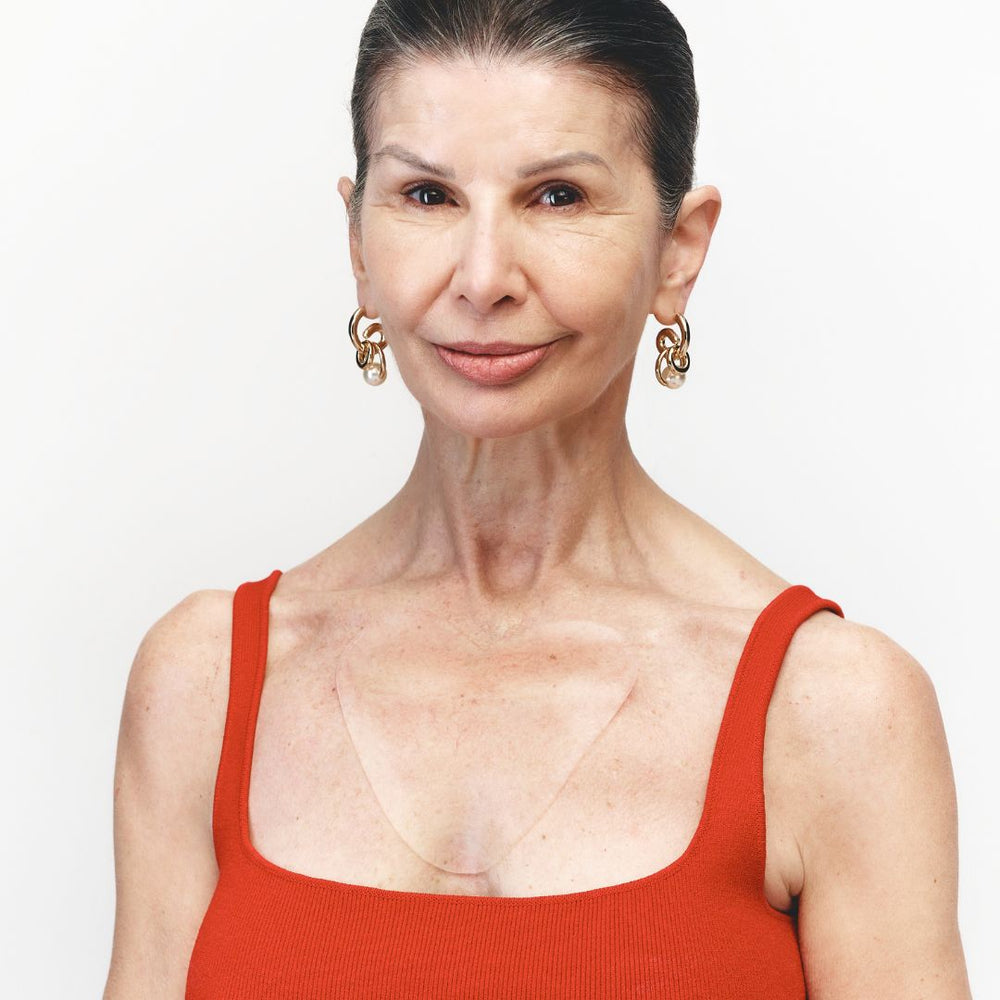
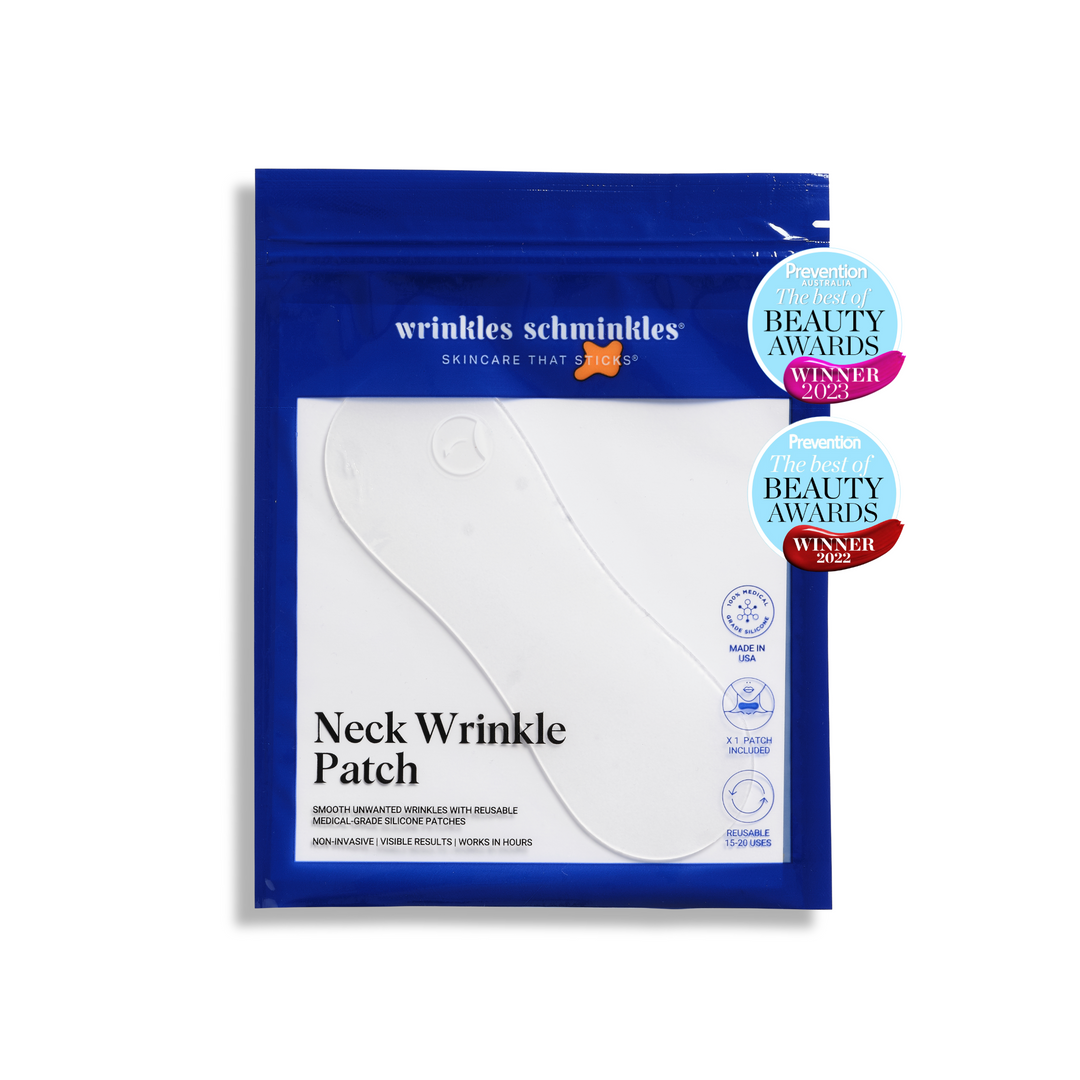

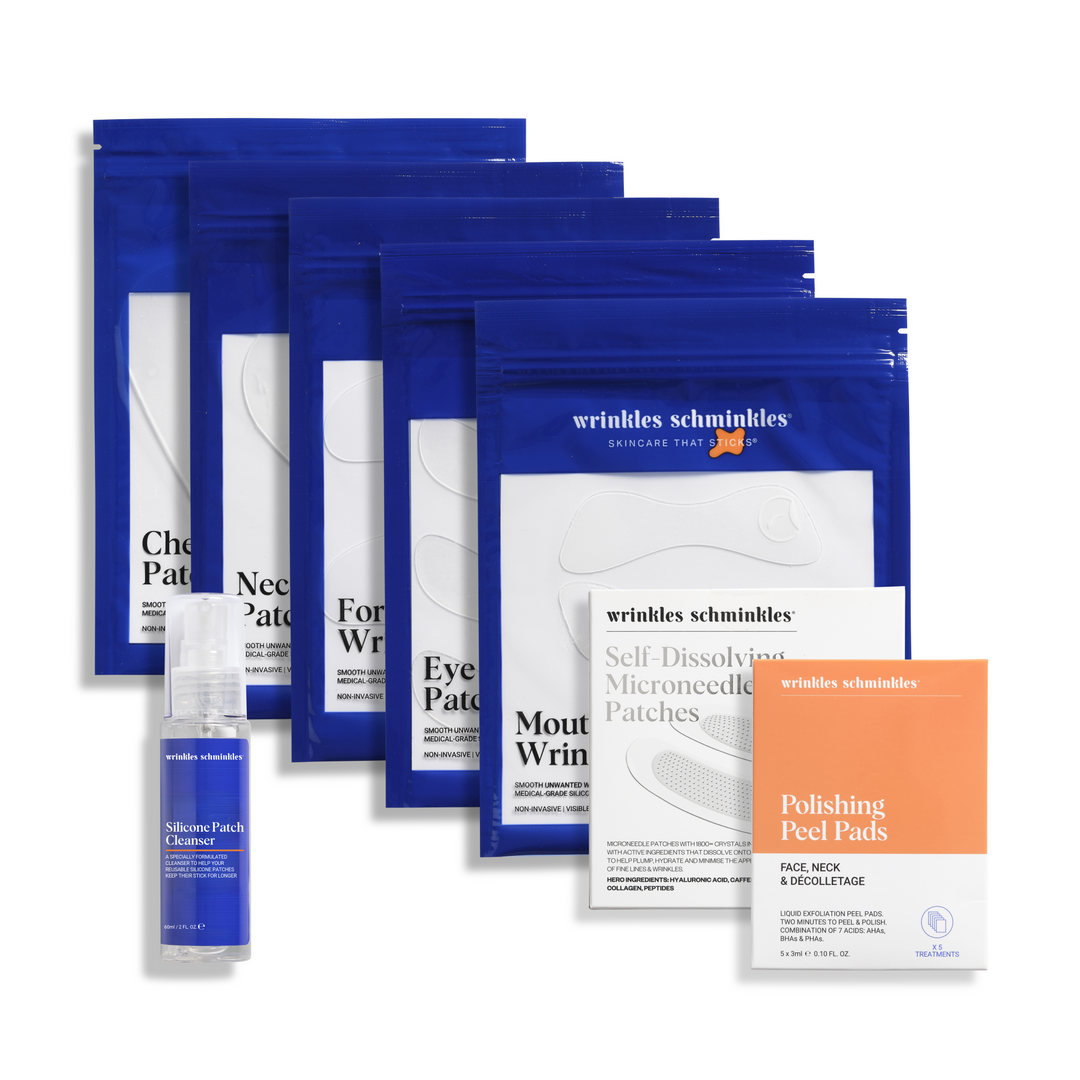
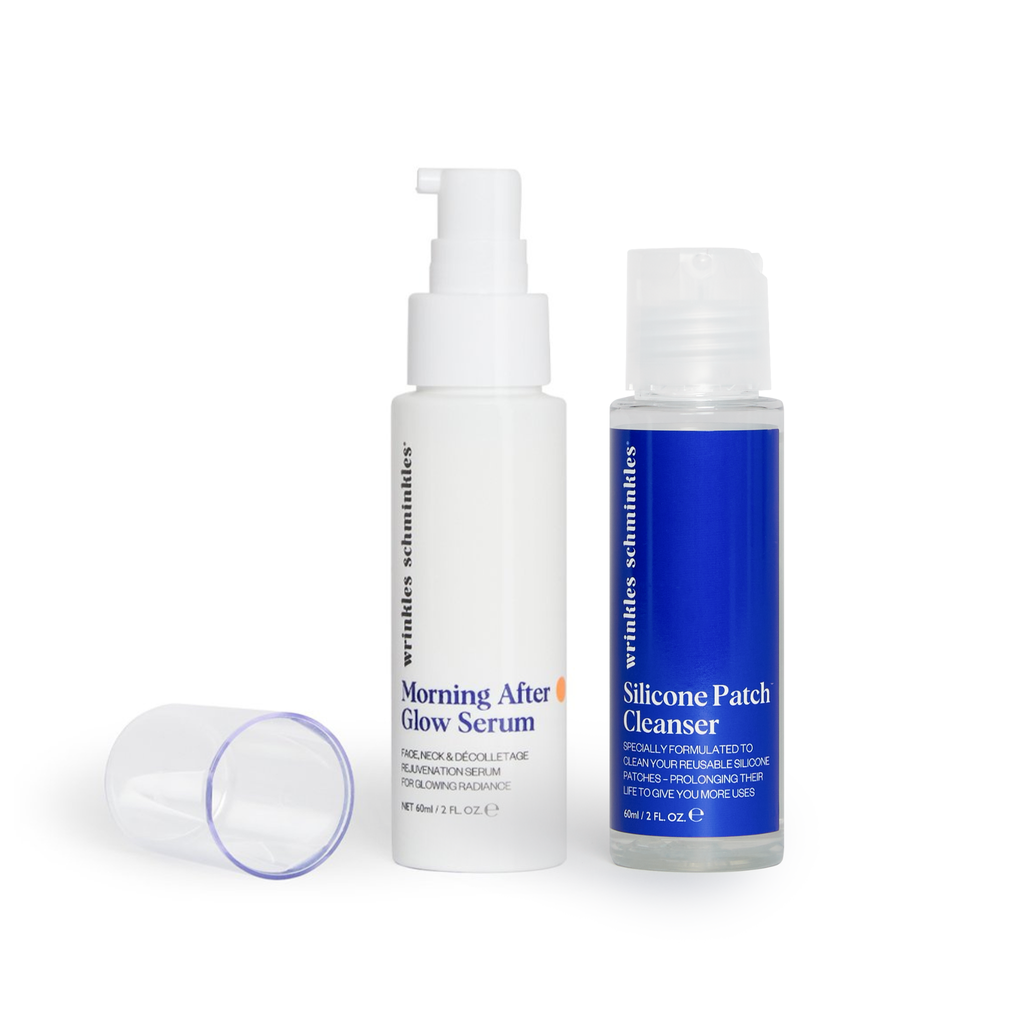
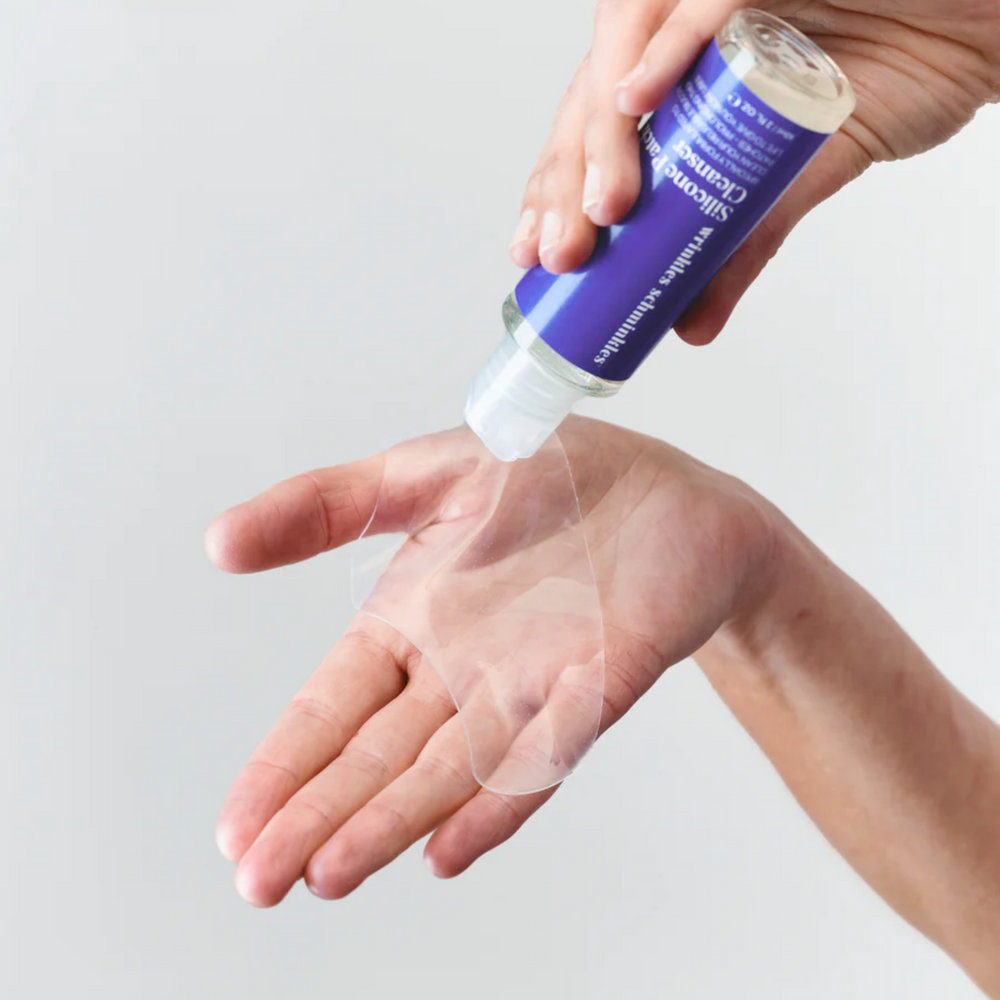
Comment